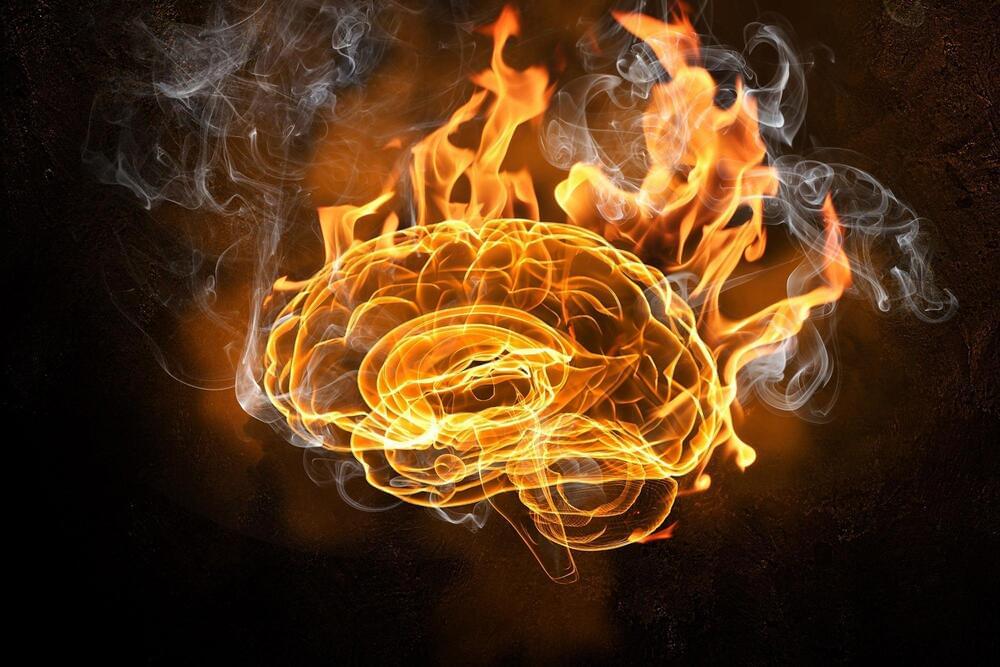The sick child’s prognosis, who had not responded to conventional treatment, was bleak. Nevertheless, a group of doctors from Rutgers University thought there could be hope despite the conventional wisdom against pursuing any further treatment.
What transpired over the following several weeks in the fall of 2020, described in a case study recently published in the European Medical Journal, was notable and representative of a newer approach to effectively treating a strange disease, the doctors stated.
The study focuses on the medical case of a 5-year-old girl who suffered from anti-NMDAR (N-methyl-D-aspartate receptor) encephalopathy, a rare and difficult-to-diagnose malfunction of the brain. Unresponsive to treatments, the child had been transferred to a rehabilitation center and been in a catatonic state for three months when a team of Rutgers physicians were called in to help.
